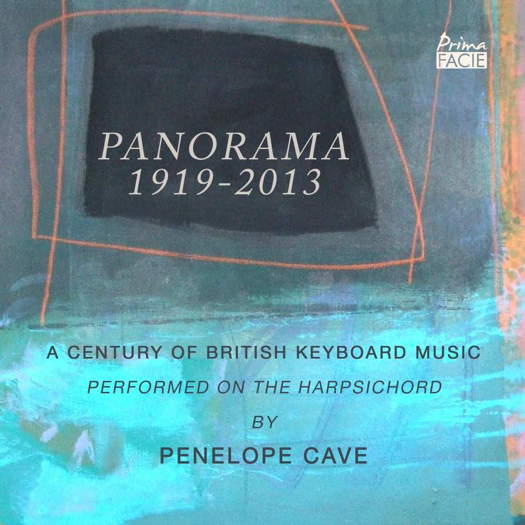 DISCUSSION: John Dante Prevedini leads a discussion about Composers, individuals or collective?, including contributions from David Arditti, Halida Dinova, Robert McCarney and Jane Stanley.
DISCUSSION: John Dante Prevedini leads a discussion about Composers, individuals or collective?, including contributions from David Arditti, Halida Dinova, Robert McCarney and Jane Stanley.
- Christopher T Montgomery
- Umbrella Studio
- Hollywood
- Nikolaus Harnoncourt
- Festival Napa Valley
- Christof Loy
- Adèle Charvet
- Johannes Schutz
 SPONSORED: CD Spotlight. A Fantastic Collection. Penelope Cave Panorama CD. Little-known harpsichord gems, strongly recommended by Alice McVeigh.
SPONSORED: CD Spotlight. A Fantastic Collection. Penelope Cave Panorama CD. Little-known harpsichord gems, strongly recommended by Alice McVeigh.
All sponsored features >>
Edward MacDowell
The piano piece AD 1620 has been played and used for exams for many years. Its composer, Edward MacDowell, was born in New York on 18 December 1861. Most of his musical training took place in Europe, where he studied piano, and composition with Raff. He met Franz Liszt, who gave him encouragement both as a composer and as a performer.
Returning to the USA in 1887, MacDowell settled in Boston. 1896 seems to have been a key year for the composer. It was then that he bought a farm in Peterborough, NH (which later became the MacDowell Colony, an artists' retreat which still exists), that his Indian Suite was given its first performance, by the Boston Symphony Orchestra, and that he became Head of the Music Department and the first music professor at Columbia University, the trustees hailing him as 'the greatest musical genius America has produced'. It was all fairly short-lived, though ... he left the Columbia position under a cloud, resigning in 1904, and a subsequent street accident resulted in a mental disorder. He died three years later, in New York, on 23 January 1908.
The music makes some use of native American and other folk themes, and is poetic, late-Romantic and European in feel, and has affinities with the music of Grieg. Much of MacDowell's output is for piano, and most of the works were issued in collections, such as Woodland Sketches (1896), which includes the well-known To a Wild Rose.
A selection of articles about Edward MacDowell
Ensemble. Consummate Professionalism - Nigel Ogden begins Derby Cathedral's series of summer organ recitals, heard by Mike Wheeler
CD Spotlight. Hidden Byways - Ruthanne Schempf plays American piano music, recommended by Gerald Fenech. '... her performances are fresh and immediate ...'
Recent Releases - Books, paintings and music at a writers' event, reviewed by Anna Franco
Record box - Alongside AD1620. Basil Ramsey listens to the music of Edward MacDowell

